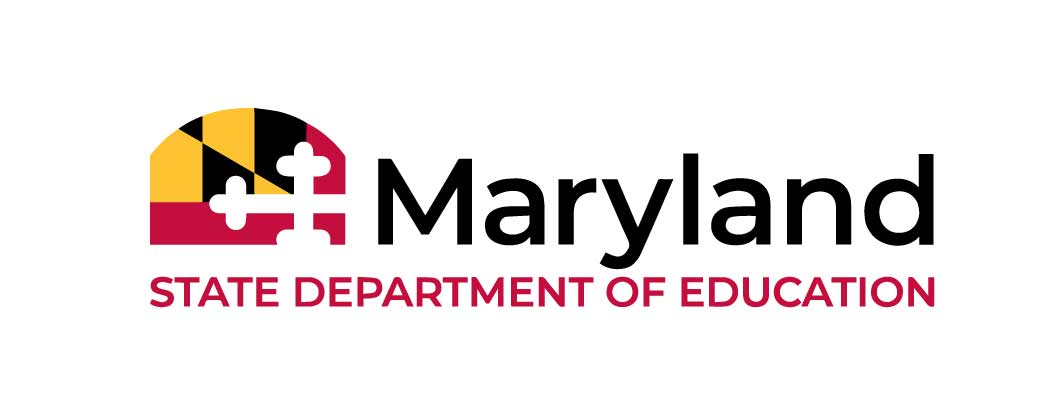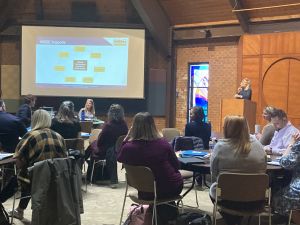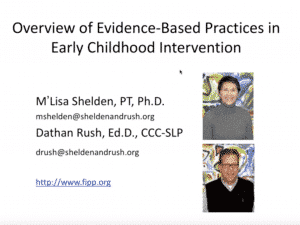Key Principles in Early Intervention and Preschool Special Education

To narrow the school readiness gap, high-quality, coordinated early childhood services are critical to foster the growth and development of infants, toddlers and preschool-age children who have disabilities or developmental delay and to build and sustain family capacity.
- Early intervention and early childhood programs support children to have positive social-emotional skills (including social relationships), to acquire and use knowledge and skills (including early language/communication and early literacy), and to use appropriate behaviors to meet their needs.
- Early intervention and early childhood programs implement evidence-based family-centered practices, interventions, and instructional strategies that actively engage families in all aspects of their child’s early intervention and preschool special education programs in natural and least restrictive environments.
- Early intervention programs support families in knowing their rights, effectively communicating their children’s needs, and helping their children develop and learn. Preschool programs facilitate parent involvement as a means of improving services and results for young children with disabilities.
When services are aligned across various providers, and when educators and service providers are aware of available services, knowledgeable about evidence-based intervention strategies, competent in early childhood assessment, and skilled in working with and supporting families, then young children with disabilities will enter kindergarten ready to learn.
Early Intervention
- Mission and Key Principles in Early Intervention*
- Seven Key Principles: Looks Like/Doesn’t Look Like
- Agreed Upon Practices for Providing Early intervention Service in Natural Environments
Preschool Special Education
- Key Principles Underlying the IEP Process: Supporting Family Participation, Inclusive Practices, and Positive Outcomes for Preschool Children with Disabilities
- Key Practices Underlying the IEP Process: Supporting Family Participation, Inclusive Practices, and Positive Outcomes for Preschool Children with Disabilities
Evidence-based Quality Practices
- Coaching
- Primary Coach Approach to Teaming
- Natural Learning Environment Practices
- Early Intervention in Natural Environments
- Family Assessment
- Routines-Based Interview
- Foundations for Inclusion Birth to Five from CONNECT: The Center to Mobilize Early Childhood Knowledge
- The Early Childhood Technical Assistance (ECTA) Center: Improving Systems, Practices and Outcomes
DEC-recommended Practices
In 2012, the Division of Early Childhood (DEC) created a Recommended Practices Commission, which was tasked with updating and revising the Recommended Practices. Access DEC resources here.
* This pdf is not 100% accessible and is not a required resource.








